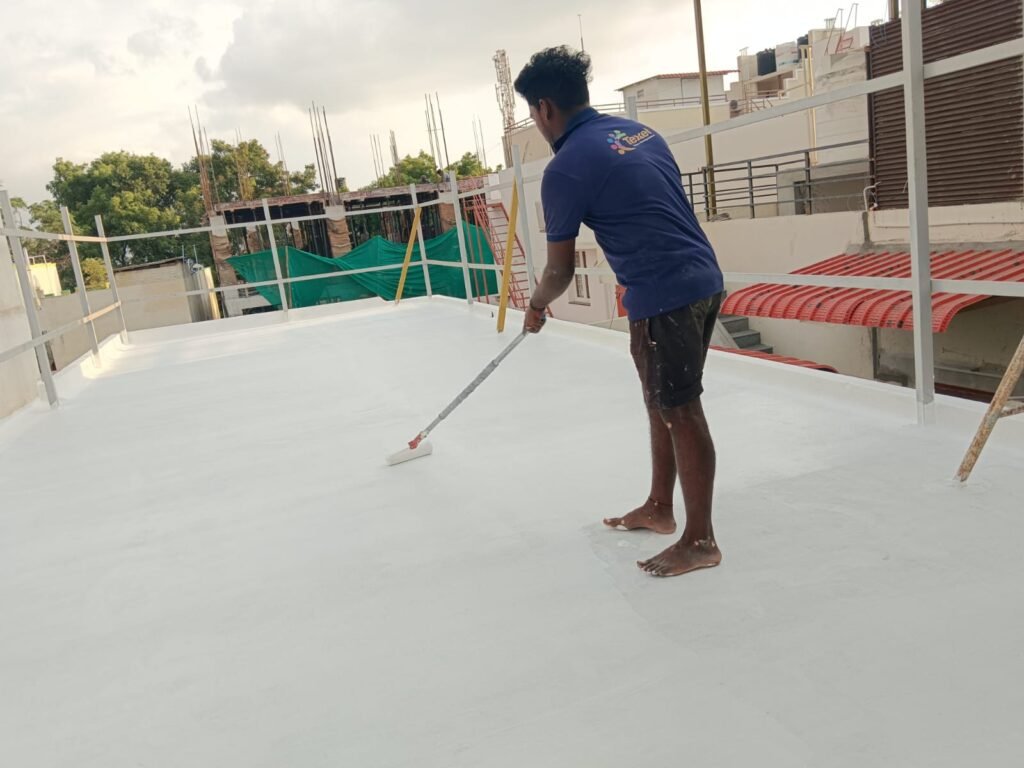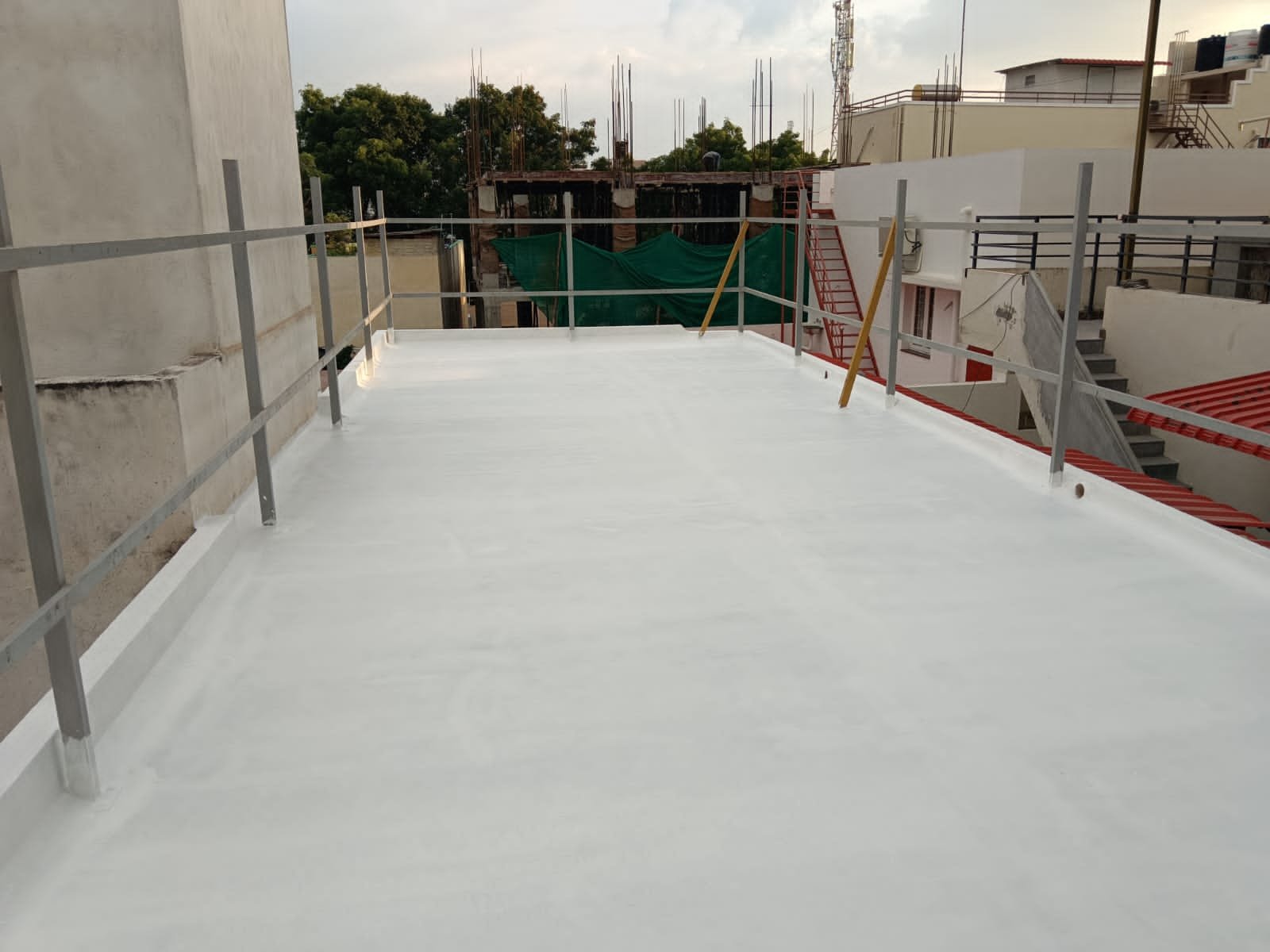COOL
ROOF COATING
INTRODUCTION
In the quest for sustainable and energy-efficient solutions, cool roof
coatings have emerged as a promising technology. Cool roof coatings play a
crucial role in mitigating the urban heat island effect, where densely
populated areas experience significantly higher temperatures than surrounding
rural areas due to the abundance of heat-absorbing surfaces like roads and
buildings. By reflecting sunlight back into the atmosphere, cool roof coatings
help to counteract this phenomenon, creating more comfortable and livable urban
environments.
PROCESS OF INSTALLING COOL
ROOF COATING
Applying cool roof coatings is a process that involves several steps to
ensure proper adhesion, coverage, and effectiveness in reducing heat
absorption. Here’s a general overview of the process:
ü Surface Preparation:
Clean the roof surface thoroughly to remove dirt, debris, and any loose
material. This can be done using a broom, pressure washer, or other appropriate
cleaning methods.
Repair any damaged areas on the roof, including cracks, leaks, or gaps.
Allow sufficient time for repairs to dry completely before proceeding.
ü Priming (if necessary):
Some roof surfaces may require a primer to improve adhesion and ensure
proper coverage of the cool roof coating. Follow the manufacturer’s
recommendations regarding priming, if applicable.
ü Mixing the Coating:
If the cool roof coating requires mixing before application, follow the
manufacturer’s instructions carefully. Use a stirring stick or mechanical mixer
to ensure uniform consistency.
ü Application:
Apply the cool roof coating using a suitable method, such as a brush,
roller, or spray equipment. The choice of application method may depend on the
type of coating and the size of the roof.
Start from one end of the roof and work systematically towards the other
end to ensure even coverage.
Apply the coating in thin, even layers, following the manufacturer’s
recommended coverage rate. Avoid applying the coating too thickly, as this may
lead to uneven drying and reduced effectiveness.
ü Drying/Curing:
Allow the cool roof coating to dry and cure according to the
manufacturer’s instructions. This typically involves waiting for a specified
period, often several hours or longer, depending on factors such as
temperature, humidity, and coating thickness.
Avoid foot traffic or other disturbances on the coated surface during
the drying/curing process to prevent damage or unevenness.
ü Inspection:
Once the coating has dried/cured, inspect the roof surface to ensure
that it has been properly covered and that there are no missed spots or areas
of uneven application.
Touch up any areas that may require additional coating to achieve the
desired level of coverage and reflectivity.
ü Cleanup:
Clean up any tools, equipment, or spills according to the manufacturer’s
recommendations and local regulations. Dispose of any leftover coating or
packaging materials responsibly.
ü Maintenance:
Periodically inspect the cool roof coating for signs of wear, damage, or
degradation. Perform any necessary touch-ups or recoating as recommended by the
manufacturer to maintain optimal performance.
It is essential to follow the specific instructions provided by the
manufacturer of the cool roof coating product being used, as application
methods and requirements may vary depending on the formulation and intended
use. Additionally, be sure to observe safety precautions, such as wearing
appropriate protective gear and working in well-ventilated areas, when applying
cool roof coatings.
CONCLUSION
Cool roof coatings represent innovative solutions in the realm of
sustainable building practices and energy efficiency. By reflecting sunlight
and reducing heat absorption, these coatings offer a range of benefits for both
residential and commercial structures.
The installation of cool roof coatings not only helps to lower indoor
temperatures and decrease the need for air conditioning but also contributes to
mitigating the urban heat island effect and reducing overall energy
consumption.

